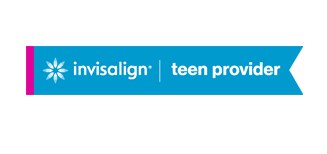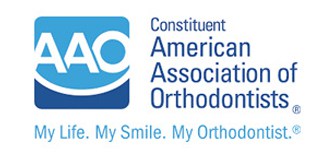
Going into any surgery can be scary. With any oral surgery, any patient should be prepared to mentally and physically. While this can seem overwhelming, you can take certain steps to ensure that your surgery goes smoothly. At Stormberg Orthodontics, we want all patients to feel as comfortable as they can before, during, and after jaw surgery. If you’re preparing for surgery, here are some tips to help set you up for a successful recovery.
Before Surgery
Being prepared will make the recovery process much more smoother and successful. Here are ways to prepare before your surgery.
- 2 Weeks Before: Follow your doctor’s advice and instructions (such as what medications to take and what diet to follow). Also, let your employer know and request to take days off work to rest right after surgery. Highly recommended to have support from a family member or friend. Have them take care of you by taking you to the hospital and bringing you back home to recover. If you smoke, now is a good time to avoid it before the procedure.
- 1 Week Before: Before your procedure, your doctor may request a pre-operative procedure and a check-up. This might mean having to take x-rays, impressions, and scans. Bloodwork and discussions about your medical history may also be required to ensure if you’re a fit for surgery. Legal aspects, such as gathering your consent for surgery, will also be discussed.
- 24 Hours Before: You will be expected to fast (not eat or drink) anything 12 hours before your surgery. Depending on what your doctor decides, you might have to stop taking certain medications to prevent any adverse reactions during surgery. Pack anything you’ll need to take to the hospital, such as comfortable clothes, medical documents, lip balm, lotion and medications you might need. You should also leave valuables at home. A few hours before the surgery, you can choose to brush your teeth and take a shower before heading to the hospital.
After Surgery
After surgery, it’s important to follow any instructions your doctor gives. During this time you’ll have to pay special attention to a few things to ensure a quick and successful recovery.
- Medications: Your doctor will prescribe pain medications to ease the pain you feel. Make sure to follow the directions your doctor/pharmacist recommends. Ice is a great pain reliever and reduces swelling and bruising. Ask your surgeon about Montana Arnica for swelling and bruising, can be found at Sprouts, Whole Foods and pharmacies. The first few days are critical, ask your surgeon their recommendation for how often and duration. Ice packs or frozen small, vegetable bags can be used. Do not eat any frozen food that has been defrosted and refrozen. Usually two-four bags, depending on their size, works out well.
- Diet: Chewing will be restricted, so your diet will change over the next couple of weeks. This means you’ll be mostly eating liquid/soft foods, such as soup, yogurt, smoothies, well-cooked pasta and mashed foods, depending on your dietary needs. Your blender can be your best friend. Be creative with fresh, frozen or canned fruits, vegetables and/or meals, yogurts, meal supplements (Ensure, Boost, etc.), ice cream and any combination of these foods. Seasonings, spices, extracts can be a tasty addition to your liquid diet. The key is to avoid moving the jaw and allow the bones to heal. A good rule of thumb to follow is, instead of eating large meals, try eating in smaller portions throughout the day. Protein is a key to repair, rebuild and feeling satisfied. Any number of proteins are available, depending on your dietary needs. After about two weeks, soft diet will be advised such as scrambled eggs, soft, well-cooked meats and vegetables, soft fruits, oatmeal, beans, rice, pasta, etc. Lots of ideas on the internet.
- Hygiene: Keeping up with oral hygiene will be important post-surgery to avoid infections. This means you’ll have to brush and rinse with water after every meal. A small-headed toothbrush will be provided, or a child’s size soft toothbrush could also be used, to get into the smaller spaces in the back of the mouth. Start with small subtle brush movements. Do not rinse with hot water or eat any hot food, room-temperature to cold is best the first couple of weeks.
- Activities: Take it easy the first week. Rest, repair and recover! Get some fresh air and short walks, this will help you mentally and physically. Only go as far as you feel comfortable, preferably with someone with you. Each day you will get stronger and be closer to your normal routine. You should be able to resume most of your daily activities after the first week, however, avoid any intense physical activities that may cause you to clench your teeth together or get injured to your mouth. Stay away from any sports or strenuous activities that can increase the risk of injury, especially from contact sports.





